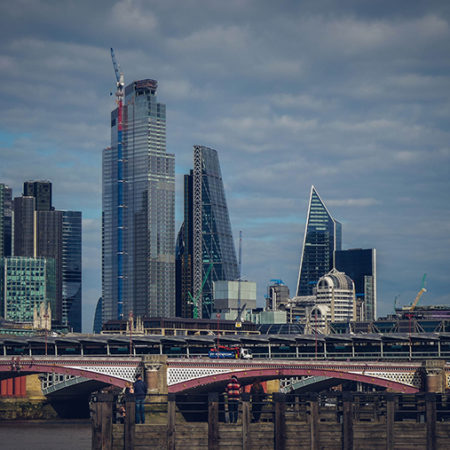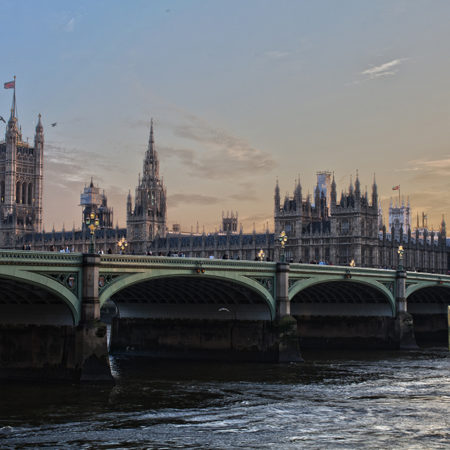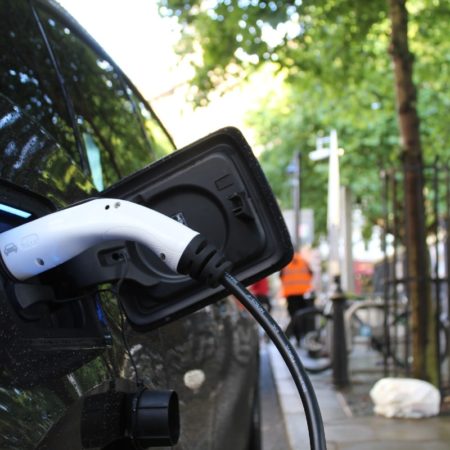The UK has committed to reaching net zero by 2050 and reducing greenhouse gas emissions, but recent research from Global Energy Monitor (GEM) shows this is “radically at odds” with a new licensing round for North Sea oil and gas that is going to be launched soon.
Despite discussion from neighbouring countries about decreasing use of, or entirely cutting off, gas and oil exploration, some of the supermajors in the UK have not done so. Companies such as Shell, BP, and Total have plans to start up new fields in the UK North Sea, along with independent oil and gas companies.
The report investigated the 21 largest North Sea oil and gas fields that have already been licensed and are awaiting approval. It said that “if those reserves were extracted and burnt it would release the equivalent of 920m tonnes of CO2”, more than most countries in the world produce annually. Such high emissions would exceed the UK’s carbon budget for 2023-20237 by 200%.
“If the UK claims to be a climate leader, it cannot allow these new fields to start up, nor hold another licensing round,” Scott Zimmerman, lead author of the GEM report “Hooked on Hydrocarbons“, told BBC News.
The report also finds that the UK government’s Climate Compatibility Checkpoint system – ostensibly designed to align oil and gas development with net-zero goals – was built to fail and does not account for all of the climate risks of further North Sea oil and gas development.
The International Energy Agency (IEA), United Nations, and Intergovernmental Panel on Climate Chance (IPCC) all warn that “oil and gas development and exploration must end immediately as it is incompatible with limiting warming to 1.5°C and unnecessary to meet projected global demand in a 1.5°C pathway.”
At a time of energy crisis, the reports states that new fields will not lower bills. According to the Minister of State at the Department for Business, Energy & Industrial Strategy, it is a “myth” that extracting more North Sea gas lowers prices, and the Climate Change Committee agrees UK reserves “are too small to impact meaningfully the prices faced by UK consumers” (CCC NIC 2022).
Prime Minister Liz Truss says she is still committed to reaching net zero emissions by 2050. “We are taking decisive action to reinforce our energy security,” Ms Truss told the Conservative party conference.
According to the BBC, a UK government spokesperson called the GEM report “unfounded speculation”. “The government remain fully committed to the legally binding target of achieving net zero greenhouse gas emissions by 2050,” the spokesperson said.























